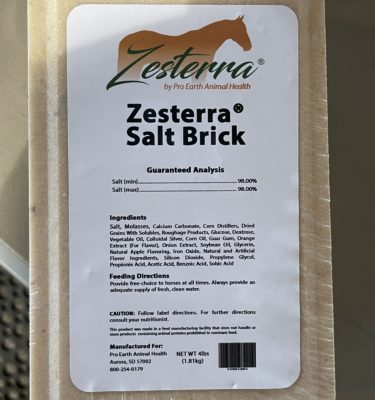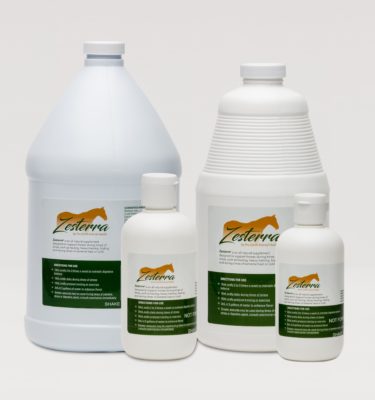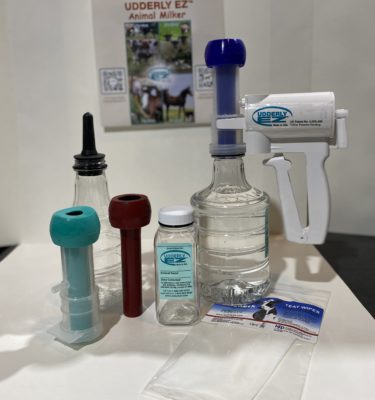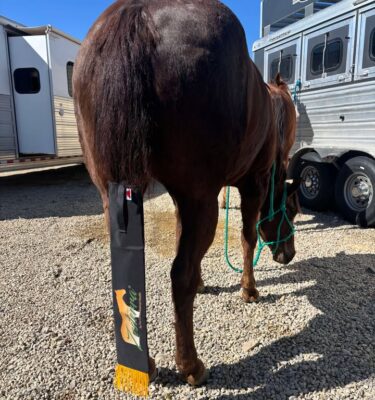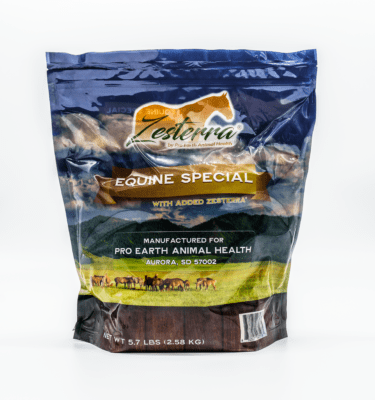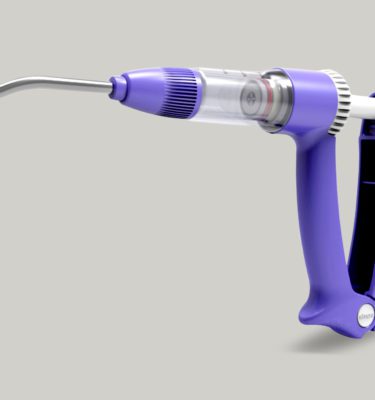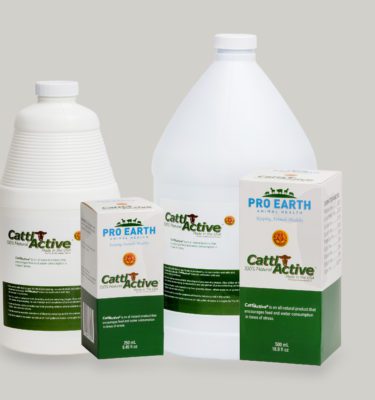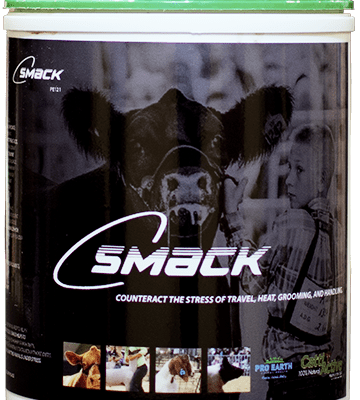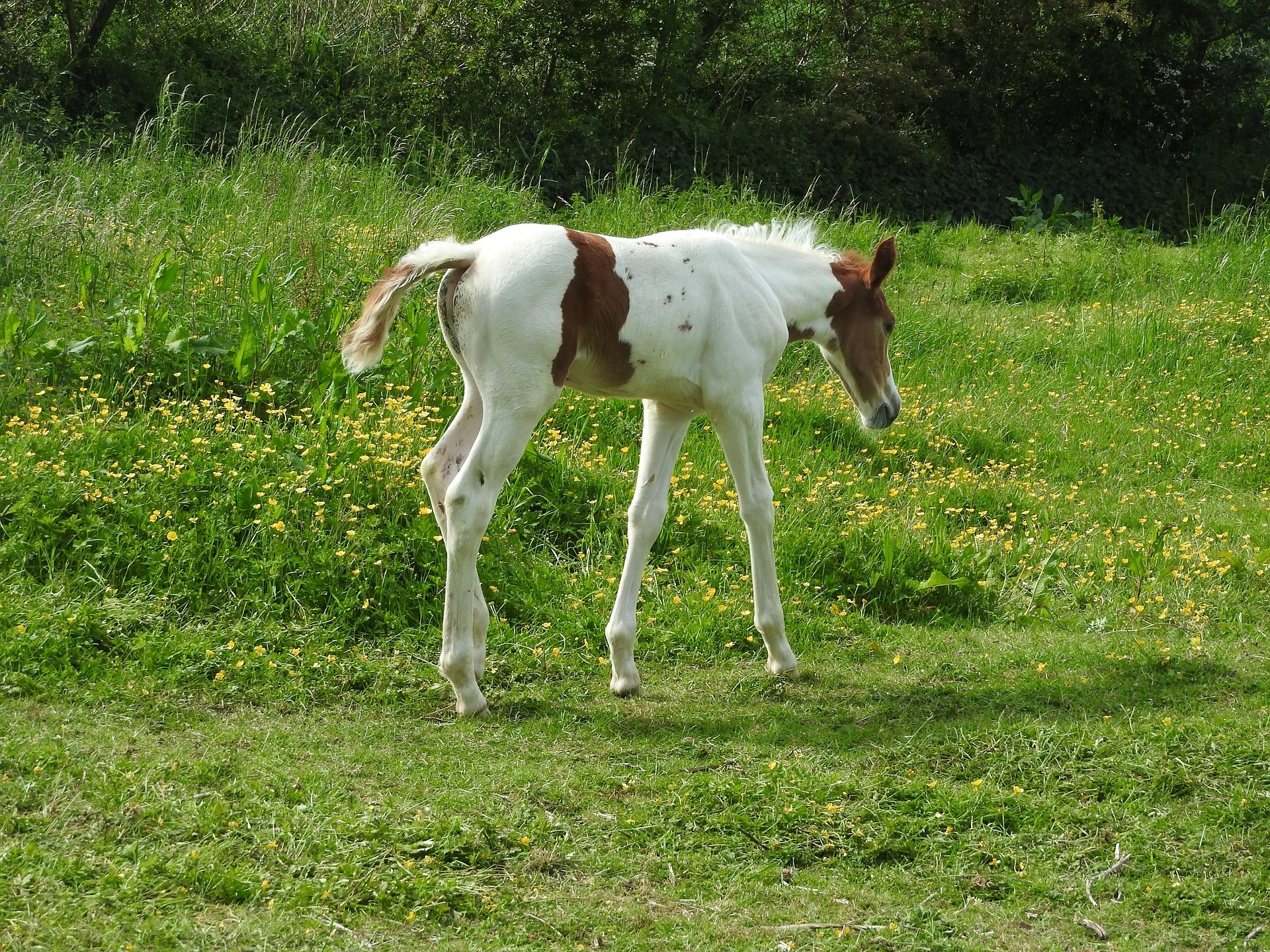
Foal diarrhea can be a difficult health issue to pinpoint and treat. By learning to recognize the symptoms of this condition, you are one step closer to untangling the causes and determining how to best approach treatment.
How to Recognize The Symptoms
There are several signs of foal diarrhea that aren’t purely visualizing the loose stools. Unfortunately, it’s difficult to know whether you are dealing with a viral or bacterial cause, or if it’s something different altogether. Anytime you have any doubt, it is wisest to seek immediate advice from your veterinarian. Foals are more delicate than adult horses — they have much weaker immune systems and tend to suffer from dehydration much more quickly than mature animals.
If not caught and treated quickly. dehydration will prove fatal in many cases. Some signs to watch for in compromised foals include:
- Feces on the tail and hindquarters. This is obviously the most recognizable sign that something is amiss with your foal. The consistency and odor can often tell you a lot about the severity of the illness you are dealing with.
- Lack of appetite. Foals that have diarrhea and are refusing to feed can be in big trouble. A foal that is unwilling to nurse will suffer from dehydration much more quickly than the foal that is still nursing.
- Lethargy. Foals that are lacking energy are usually already in distress.
- Tail odor. Foals may not have remarkable amounts of diarrhea on their rumps, but if their tail smells horrible it’s likely they are suffering from a pretty severe case of diarrhea.
- Dehydration. Using the “tent test“, you can determine if your foal is suffering from dehydration.
- Temperature. Most foals will feel hot to the touch if they’re fevered, but it’s best to use a thermometer to check for true fever. The normal range for a foal is 99.5° F-101.5° F. Conversely, a foal whose temperature is below 99° F may be going into shock. If you have temperature deviancies in either direction, contact your vet right away.
As with any baby animal, regularly checking on and assessing them will help ensure that you catch anything amiss quickly. A large part of good husbandry is being able to recognize problems and take the necessary steps to remedy those issues quickly.
Related Posts
Foal Diarrhea 101: Non-Infectious Causes

